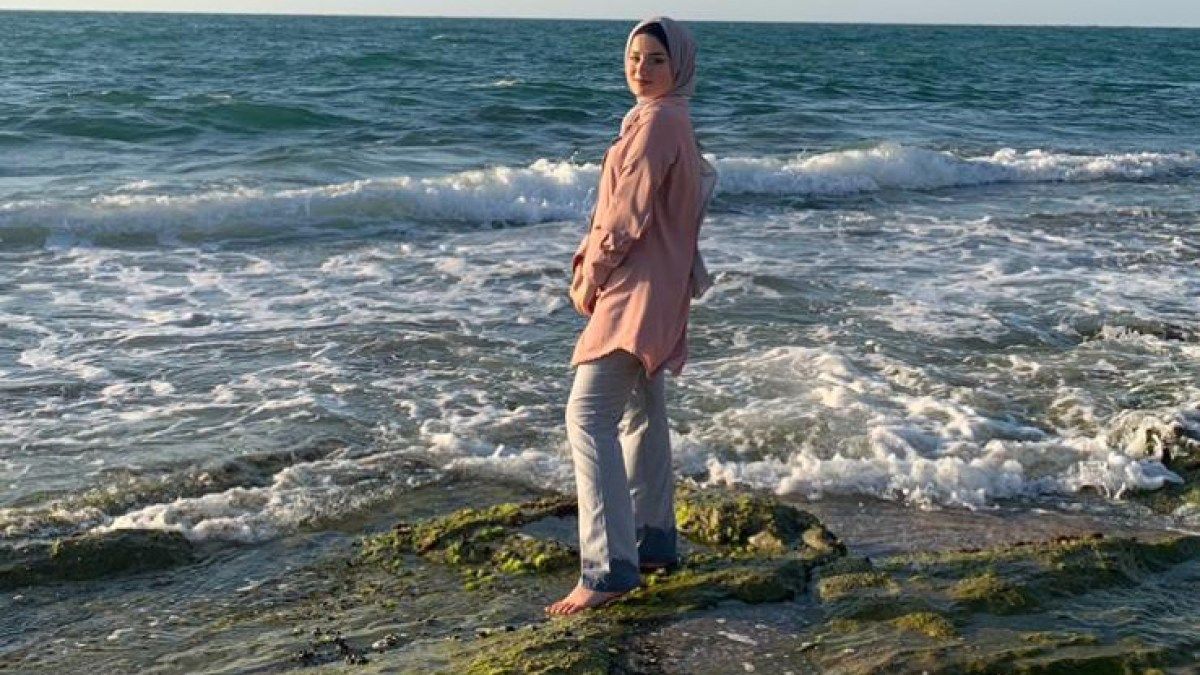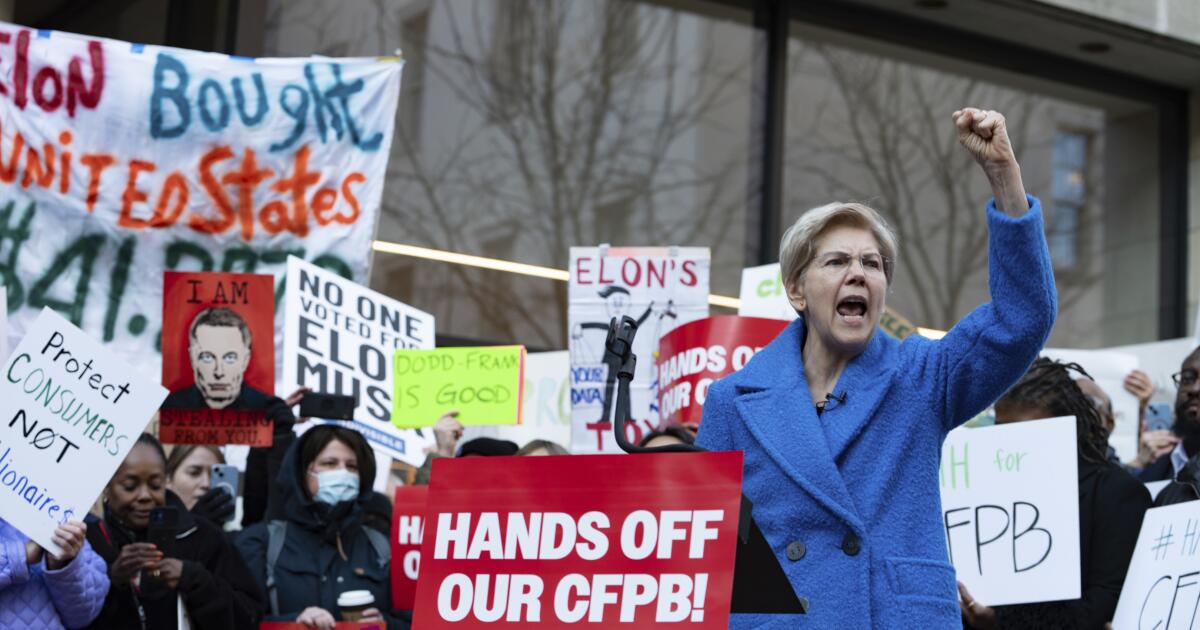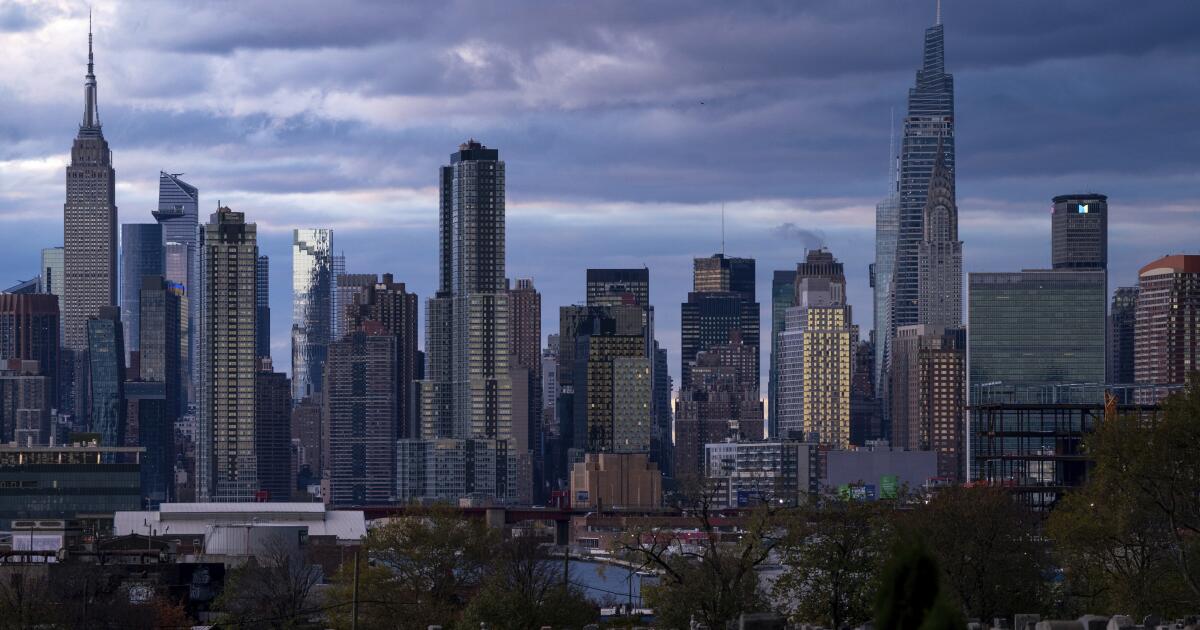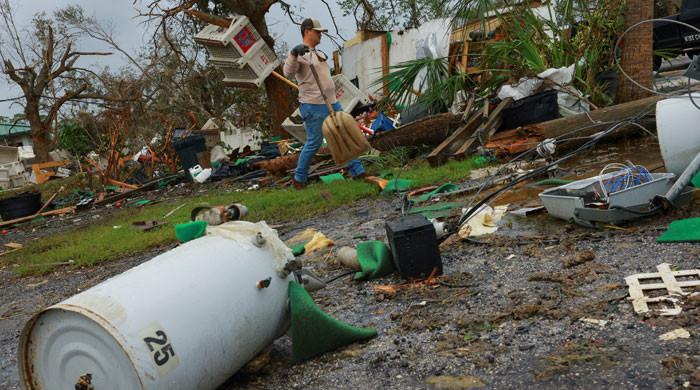When Israel's war in Gaza began and we prepared to leave our home, I packed makeup and a favorite book, items that might now seem superfluous. I thought that small reminders of home would bring us comfort while we were away awaiting the final attack.
But I didn't expect to be gone for so long, none of us did. We thought this war would be like all the others and that it would take a week, maybe a month or two, for the Israeli army to unleash its fury.
Now that I've been living away from home for more than 10 months, what I miss most is the idea of living there. I wonder if I'll ever enjoy reading on the roof of my house or sleeping in my bed again. Will my home be recognizable? I wonder. Will I ever have a home again?
I was born in 2002 and grew up in Gaza City. I have spent 17 of my 21 years living under siege, surviving at least five Israeli military attacks on Gaza. But none of them compare to the duration and intensity of this current genocide.
These are the cruelest, most painful and surreal days any of us here in Gaza have ever experienced. For more than 10 months, we have had the feeling that we are reliving the same day over and over again, except that each day the pain intensifies. There is always a bomb, a bullet, a shelling, a wave of fear. As the death toll mounts, it seems that we are moving further and further away from negotiations to end this hell.
Israel has killed at least 40,005 Palestinians in Gaza. The death toll could be as high as 186,000, researchers say in the medical journal The Lancet, with countless bodies trapped under bombed buildings and an unknown number of people dying from hunger, lack of medical care and collapsed public infrastructure.
Those of us who have lived through this hell already know that the death toll is higher. There are houses near us that have been bombed with people inside but so far no one has been able to remove the rubble.
'Where can we go?'
With every bomb that falls, we ask ourselves: “Where are we going? Where can we go?”
For me, home wasn’t just my house. It was the feeling of safety within the warmth of its walls, the sight of my clothes, the comfort of my pillow. It was the sound of my mother moving around inside. It was the delicious smell of my favorite dish, musakhan (roasted chicken with sumac spices and flatbread with caramelized onions), filling the house.
My home was also outside. It was my university and the road leading to it, the smells of spices in the air, the markets, the yellow lights during the evenings of Ramadan and the sounds of people praying together and reciting the Quran.
In displacement, home has come to mean something more. It is now a place where we can find walls, a bathroom, water, a mattress to lie on and a blanket to cover ourselves. At one point, I thought that covering my face with a blanket might somehow protect me during an attack. I no longer believe that.
![[Nour Alasy/Al Jazeera]](https://www.aljazeera.com/wp-content/uploads/2024/08/nour-alasy-essay-2-1723066794.jpg?w=770&resize=770%2C581)
The day everything changed
I will never forget October 7th. It was not only the day we left our home in the north, but also the day we left behind our hopes for the future.
I once dreamed of becoming a writer, finishing my bachelor’s degree in literature and doing my master’s degree abroad. I would return to Gaza and educate young people about our history and heritage. I also wanted to continue painting and eventually open an art gallery. However, my biggest dream was to see my country free.
Early that Saturday, around six in the morning, a barrage of rockets streaked across the skies of northern Gaza. My younger sister was getting ready to go to high school. Little did we know that it would be the last day of school, not just for her, but for everyone, that both students and institutions would be wiped out.
The sound of explosions woke me up. I was terrified. I had no idea what was happening.
My brother, who lived in Deir el-Balah, called my father. He was worried: our house is very close to the eastern border and that makes us potentially vulnerable in the event of a ground invasion. Together they agreed that it would be better to move to my brother’s house, in central Gaza and further from the border.
Today, we are still displaced in Deir el-Balah.
![[Nour Alasy/Al Jazeera]](https://www.aljazeera.com/wp-content/uploads/2024/08/nour-alasy-essay-6-1723066812.jpg?w=770&resize=770%2C574)
Simple Pleasures
War makes us lose the simple – even banal – pleasures of daily life.
I miss our garden at home, with its fragrant roses and olive trees, palm trees and orange trees. But most of all, I miss the lemon trees, the delicate scent of their white flowers. On summer evenings, my family would spend time among the trees, and in winter, we would make a bonfire to keep warm.
I miss the youth cafes and bustling streets of Gaza City, its life, even when there was little water or no electricity due to constant power cuts.
And I loved going up to our rooftop with a coffee and vanilla pastries to read.
When we left on October 7, I didn't think much about what to bring. I brought a copy of Wuthering Heights, my pajamas, and makeup—everyday items that helped make the trip feel a little more normal.
I even packed some vanilla cupcakes, a sweet comfort for whatever may come.
I haven't eaten cake since then. All we have is dry bread and whatever tinned food we can buy.

Ten months later
Deir el-Balah, where my brother and mother's family live, is a place my family would visit on weekends and summer holidays. I used to complain that I couldn't sleep anywhere other than my bed in our house. I haven't seen that bed in 10 months.
Now I have a mattress on the floor with my mother, father and younger sister in the same room. The mattress is good and clean, and my family is close and united. But I suffer from insomnia and anxiety. As I try to sleep, I look out the broken window, searching for a star among the warplanes in the sky, and I worry that rockets will fall on us.
Deir el-Balah used to be a quiet, small, clean town with fields full of olive and palm trees. Today, the town is stifling. Because the services have stopped working, rubbish continues to pile up. The palm trees, now covered in dirt and debris, are barely recognisable. The sky is an ashy grey – air pollution from the bombings – and the ground is soaked with sewage. The air is putrid, like the inside of a rubbish bin. It smells of everything but home.
When we moved in with my brother, thinking the war wouldn't last long, I continued with my studies; I didn't want to be left behind. When I heard that my university had been bombed, I lost hope for a while before finding new ways to pass the time. I'm now learning Italian and writing poetry. When I feel anxious, I like to clean the house. The pajamas I brought from home are now so worn out that I use them as dishcloths.
Daily life consists of walking to fetch water and trying to find power sources to charge phones and lights. Our neighbor has solar panels and a well powered by a generator. There we can charge our phones and sometimes take a shower. Every time I shower, I feel grateful, thinking of my people who suffer from a lack of privacy, water, and hygiene products. It is a constant struggle to secure access to communication and basic necessities like shampoo and soap, dishwashing liquid, laundry detergent, and razors.
People have nowhere to go. Children beg and old people sit alone in the middle of the street.
Many people, whether on the streets or in their tents, are constantly praying. In Gaza we pray a lot for an end to the sadness, darkness and pain. We have lost many people. Many of my cousins and other relatives are no longer here.
Every moment of survival is a miracle, so we pray even harder.

Home, then and now
My physical and mental health has deteriorated, and that has been difficult. I have nightmares and stomach problems due to contaminated water and canned food. The pain is terrible and it is a real struggle to find medicine or painkillers; when some are available, they are very expensive.
When Israel started attacking Gaza, it was also doing something more sinister: it was trying to destroy our connections with each other. It made us feel anxious and angry, desperate and mentally exhausted.
But we were still there for each other. We tried to be calm and reassuring, tender and positive. We shared what we had with our neighbors. We tried to make the best of things, like baking cakes on the fire and having fun when possible. And when that wasn't possible, we supported each other through thick and thin.
We still had trips to make. We continued writing our stories.
At first, we watched the news with hope. Somehow, despite the horror, we had faith that the international community would not allow things to develop as they did. I don't think any of us have that kind of hope today.

What we are left with are hopes for what we want to do when all this is over.
The other day, I was sitting on the balcony of my brother's house with my mother. As she held me in her arms, I told her about my dreams. Within minutes, a nearby apartment was bombed. We were first shocked by the deafening explosion and then by the sound of walls collapsing. A father and his two sons were killed.
The sound of a home full of memories and the people who live there falling apart is something I wouldn't wish on anyone.
Today, I feel like I'm ready to accept my fate. I always remember to tell my family that I love them, especially my mother, because I never know when it will be the last time I can do so.
I would love to die if it would help my country, but I want to do many things, see and learn. I want to meet more people, fall in love and have a family of my own. And I want to see my home again, in whatever state it is in.












